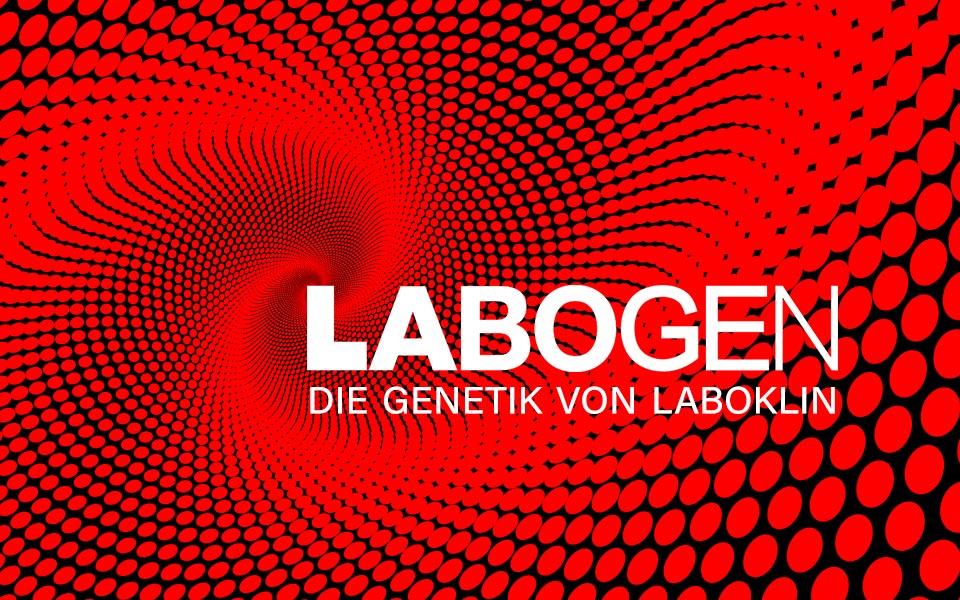New Study on Hypertrophic Cardiomyopathy (HCM) Published
Hypertrophic cardiomyopathy (HCM) is the most common heart disease in cats and leads to reduced resilience. The diagnosis is made by means of an ultrasound examination (echocardiography), which can be supported by a genetic test. Clinical symptoms can appear as early as 3 months of age, the average age of onset is around 6.5 years.
The first sign of HCM is a thickening of the wall (concentric hypertrophy) of the left ventricle. Other parts of the heart can also be altered, e.g. the papillary muscles and the left heart valve (mitral valve). Eventually, the left ventricle becomes enlarged.
In a new study by Boeykens et al. In 2024, the six known genetic variants from four different genes associated with HCM in domestic cats were investigated. The genetic variants are divided into 5 categories: pathogenic, probably pathogenic, unknown significance, probably benign and benign. For clinical diagnostics and for use as a genetic test, it is recommended that only variants from the first two categories are used. The study took into account screening results from more than 10,000 cats.
The MYBPC3:c.91G > C [A31P] variant occurs mainly in the Maine Coon, while it occurs randomly in other breeds and may have become rarer through selection. Labogen offers this variant as the HCM1 test.
The MYBPC3:c.2453C > T [R818W] variant was only found in Ragdoll cats or in breeds where crossbreeding with Ragdolls could have been part of the breeding development. This test is also offered by Labogen and is known as HCM3.
No evidence of causation of the disease was found for the other variants in the study, which speaks against screening for these variants.
Labogen offers an additional HCM variant in the Sphynx for testing, which was recently published (ALMS1:c.7384G > C [G2462R]). Although the aforementioned study could not confirm the link to HCM, the original publication linked mutations in this gene to the development of Alstrom syndrome, a familial multisystem disorder that can include (dilated, restrictive) cardiomyopathy. The variant alters the protein structure, which can be associated with HCM.






